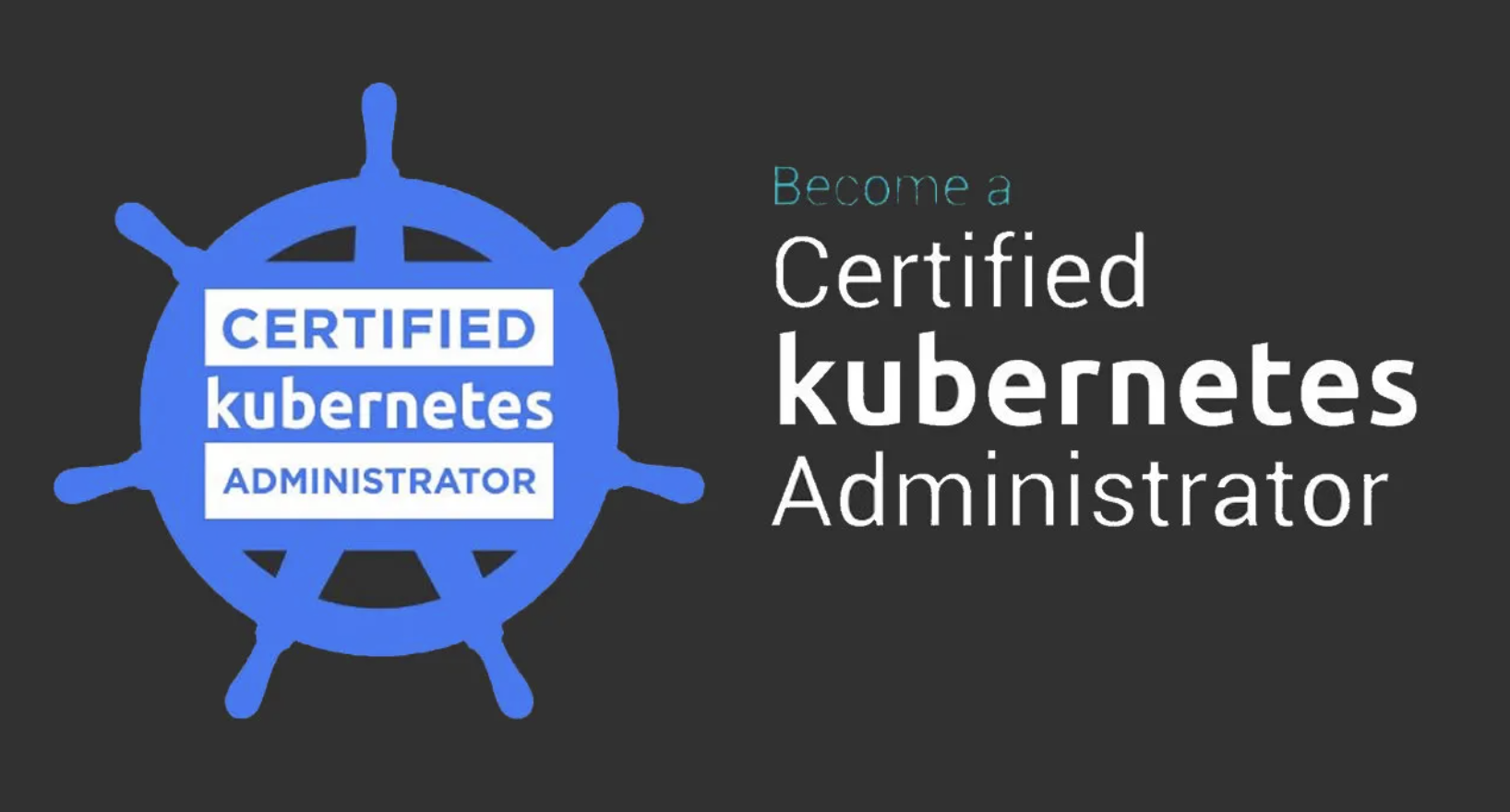Since Kubernetes is the most ‘hot & trending‘ in the containerization world, most of the IT professionals are Kubernetes certification aspirants because of the undisputed value it holds. Let’s come to the good news, Certified Kubernetes Administrator (CKA) has become lighter since September 2020, the CNCF has removed the nonessential weightage it carried. In this blog, I am going to address the exam preparation tips, tactics, everything else on the new CKA certification exam pattern.
Are you new to Kubernetes? Check out our blog on Kubernetes to know in detail.
What is Certified Kubernetes Administrator (CKA Certification) Exam?

Certified Kubernetes Administrator certification is to provide assurance that Kubernetes Administrators have the skills, knowledge, to perform the responsibilities of Kubernetes administrators.
Also check: Our Previous Blog On Kubernetes RBAC
Why CKA Certification (Certified Kubernetes Administrator)?
- It gives you an unfair advantage over a non-certified professional.
- Better Job Prospects & Higher Salary.
- Since all companies have already or trying to move towards K8s, it’s now or never.
- Wide-open jobs in IT fields for CKAs.
- It provides you with global recognition for your knowledge, skills, and experience.
Know more: Kubernetes Architecture with Diagram
Basics of Certified Kubernetes Administrator Exam
- Certification Name: Certified Kubernetes Administrator (CKA)
- Exam Duration: 2 hours
- Software Version: Kubernetes v1.21
- Number of Questions: Around 17 questions
- CKA Passing score: 66% or higher to earn the certification
- Exam Cost: $375
Pre-requisites for CKA Exam
Although the CKA certification exam is about Kubernetes and needs no prior certifications, it requires some basic Linux commands like just the ‘vi editor’ commands.
Learning Path For Kubernetes Certification (CKA)

What has changed?
The CNCF has made a smart move and moved the development to the Certified Kubernetes Application Developer (CKAD) and the security content to the Certified Kubernetes Security Specialist (CKS). The reason behind doing this is to make the CKA more Administration centered, which indeed makes complete sense. The new pattern of CKA and the weightage of the domains are given below:
1) Cluster Architecture, Installation & Configuration – 25%
- Manage role-based access control (RBAC)
- Use Kubeadm to install a basic cluster
- Manage a highly-available Kubernetes cluster
- Provision underlying infrastructure to deploy a Kubernetes cluster
- Perform a version upgrade on a Kubernetes cluster using kubeadm
- Implement etcd backup and restore
2) Workloads & Scheduling – 15%
- Understand deployments and how to perform rolling update and rollbacks
- Use ConfigMaps and Secrets to configure applications
- Know how to scale applications
- Understand the primitives used to create robust, self-healing, application deployments
- Understand how resource limits can affect Pod scheduling
- Awareness of manifest management and common templating tools
3) Services & Networking – 20%
- Understand host networking configuration on the cluster nodes
- Understand connectivity between Pods
- Understand ClusterIP, NodePort, LoadBalancer service types and endpoints
- Know how to use Ingress controllers and Ingress resources
- Know how to configure and use CoreDNS
- Choose an appropriate container network interface plugin
4) Storage – 10%
- Understand storage classes, persistent volumes
- Understand volume mode, access modes and reclaim policies for volumes
- Understand persistent volume claims primitive
- Know how to configure applications with persistent storage
5) Troubleshooting – 30%
- Evaluate cluster and node logging
- Understand how to monitor applications
- Manage container stdout & stderr logs
- Troubleshoot application failure
- Troubleshoot cluster component failure
- Troubleshoot networking
Complete CKA Guide Hands-on Lab
Everybody wants to learn Kubernetes these days, and the best way to learn is to perform. Especially all the developers want to earn the Certifed Kubernetes Administrator (CKA): Hands-on Lab badge and add Kubernetes Application Development to their expertise.
